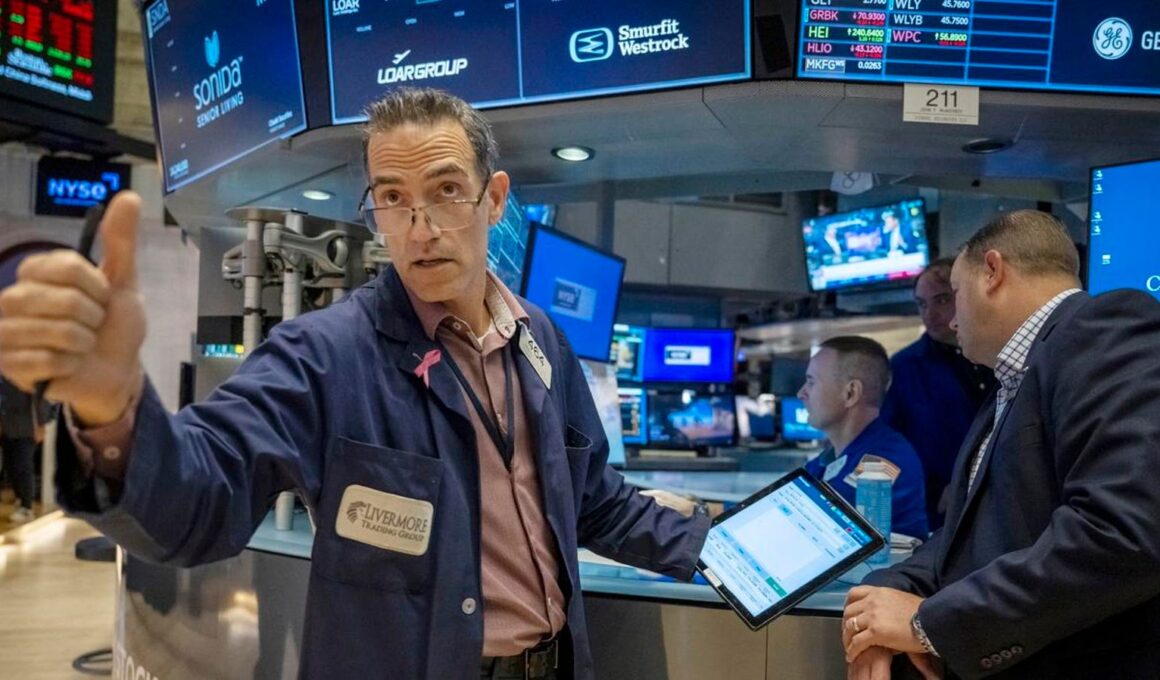Topline
Goldman Sachs economists lowered the odds of a U.S. recession over the weekend, the latest sign of restored confidence in the U.S. economy after a brief panic overtook the market at the beginning of the month.
The recession fears pervading discussions earlier this month have quieted.
Key Facts
Goldman economists led by Jan Hatzius bumped their probability of the U.S. entering a full-fledged recession over the next 12 months from 25% to 20%, with the group previously hiked their recession model from 15% to 25% at the beginning of August after the U.S. reported an unexpected hike in the unemployment rate to 4.3%.
“The data released since August 2—including retail sales and jobless claims this week—shows no sign of recession,” Hatzius explained.
In a separate weekend note to clients bolstering the argument that a recession is far from imminent, Goldman economists led by Ronnie Walker remarked that concerns about the health of American consumers “are greatly exaggerated.”
Walker cited commentary from second-quarter earnings reports from large public American companies, with his indicator tracking consumer sentiment expressed by S&P 500 executives on earnings calls actually just rising to its highest level since 2022.
Less than 5% of S&P companies invoked the term “recession” on their second-quarter calls with investors, according to Walker’s data, a far cry from the more than 25% level observed at the turn of 2022 and 2023 when fears peaked about an extended slowdown in this cycle.
Crucial Quote
“When recession strikes, it usually strikes quickly,” Hatzius said about the initial panicked reaction to July’s jobs report later quelled by a series of more encouraging economic data.
Key Background
The July jobs report released Aug. 2 most notably triggered the Sahm rule, an indicator tracking changes in the unemployment rate created by former Federal Reserve economist Claudia Sahm which previously had a 100% success rate of frontrunning U.S. recessions. That triggered a massive selloff in stocks and accelerated bets the Fed would need to take significant action to stop an imminent recession, before a series of better-than-expected reports, like lower weekly unemployment claims and better monthly retail spending, bandaged much of the concerns. In fact, consumer sentiment rose this month for the first time since March, according to a widely cited monthly poll from the University of Michigan.
Further Reading
Trump Media to the Saudi Arabian influence on golf and what real-life billionaires think of ” Succession.” Send tips to dsaul@forbes.com. Follow Saul for analysis on the biggest daily economic and stock market happenings, ranging from inflation data to tech earnings to deep-dives on hot button assets.
“>









